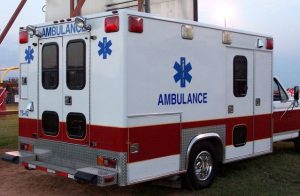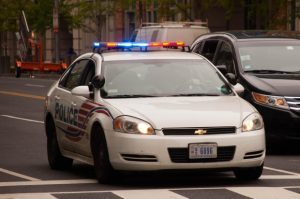California’s Promise to Clear Cannabis Convictions Hasn’t Gone as Planned
When voters in California legalized recreational use cannabis six years ago, a major component included a legal pathway through which courts could clear most past marijuana convictions – or at least lower the charges to something less severe.
This made good sense for several reasons:
- Most marijuana convictions were for non-violent, low-level offenses.
- Minorities and the economically disadvantaged were greatly disproportionately impacted by marijuana laws.
- To right the injustice of people now making good money (it’s a multi-billion dollar industry in California) for the same activity that previously sent others to prison.
But despite this and a 2018 law passed with the intention of speeding up the process for tens of thousands of Californians still stuck grappling with felony and misdemeanor marijuana convictions on their record, our Riverside marijuana lawyers know that the process has been slow-going. This fact was confirmed by a recent Los Angeles Times investigation.
It’s worth noting that the process was never going to be fully automatic. But at this point, there are still an estimated 34,000 people in the state with marijuana crimes on their record that haven’t been processed for the clean slate they deserve. There were twice that many before last August, which is when the Times started raising questions about why it was taking so long (presumably lighting a fire under officials to prioritize the effort).
It appears the primary bottleneck in the process that involves 58 prosecutors’ offices and the state Department of Justice is the courts. Some counties have been working with a fair amount of diligence to clear records for people in their communities. In total, 117,000 cases have been processed in California. Others, however, have been incredibly slow. For example, in San Bernardino and Riverside Counties, not a single case has been processed. Others, like Kern County, are only at 18 percent. Continue reading
 Cannabis Law Group's Medical Marijuana Legal Blog
Cannabis Law Group's Medical Marijuana Legal Blog





 With the 2020 ballot fast approaching, California activists are keenly working towards securing a measure that would decriminalize psilocybin, also commonly known as ‘magic mushrooms.’
With the 2020 ballot fast approaching, California activists are keenly working towards securing a measure that would decriminalize psilocybin, also commonly known as ‘magic mushrooms.’ police departments who allegedly are targeting businesses while transporting cannabis and seizing their delivery and cash.
police departments who allegedly are targeting businesses while transporting cannabis and seizing their delivery and cash.  place, it’s time to get your house in order with the help of a trusted legal team. The city attorney and Los Angeles Police Department have made clear their commitment to ending the unlicensed marijuana marketplace in the city and have already filed 36 criminal cases, according to
place, it’s time to get your house in order with the help of a trusted legal team. The city attorney and Los Angeles Police Department have made clear their commitment to ending the unlicensed marijuana marketplace in the city and have already filed 36 criminal cases, according to 
 available to all adults on the infamous marijuana holiday of 4/20. While it is perfectly legal to enjoy the festivities, our experienced attorneys also know that
available to all adults on the infamous marijuana holiday of 4/20. While it is perfectly legal to enjoy the festivities, our experienced attorneys also know that  , it is almost laughable how many misguided politicians and policymakers are still fighting against it. It is clear to our experienced cannabis attorneys that this conundrum is exactly why many good law-abiding citizens turn to
, it is almost laughable how many misguided politicians and policymakers are still fighting against it. It is clear to our experienced cannabis attorneys that this conundrum is exactly why many good law-abiding citizens turn to  in California (and regulating and taxing), it offers a unique opportunity for the state to make reparations of sort to the people and communities who have suffered the most from the destructive “War on Drugs,” which turned out to be more of a slanderous attack on marijuana and an assault on minorities.
in California (and regulating and taxing), it offers a unique opportunity for the state to make reparations of sort to the people and communities who have suffered the most from the destructive “War on Drugs,” which turned out to be more of a slanderous attack on marijuana and an assault on minorities.